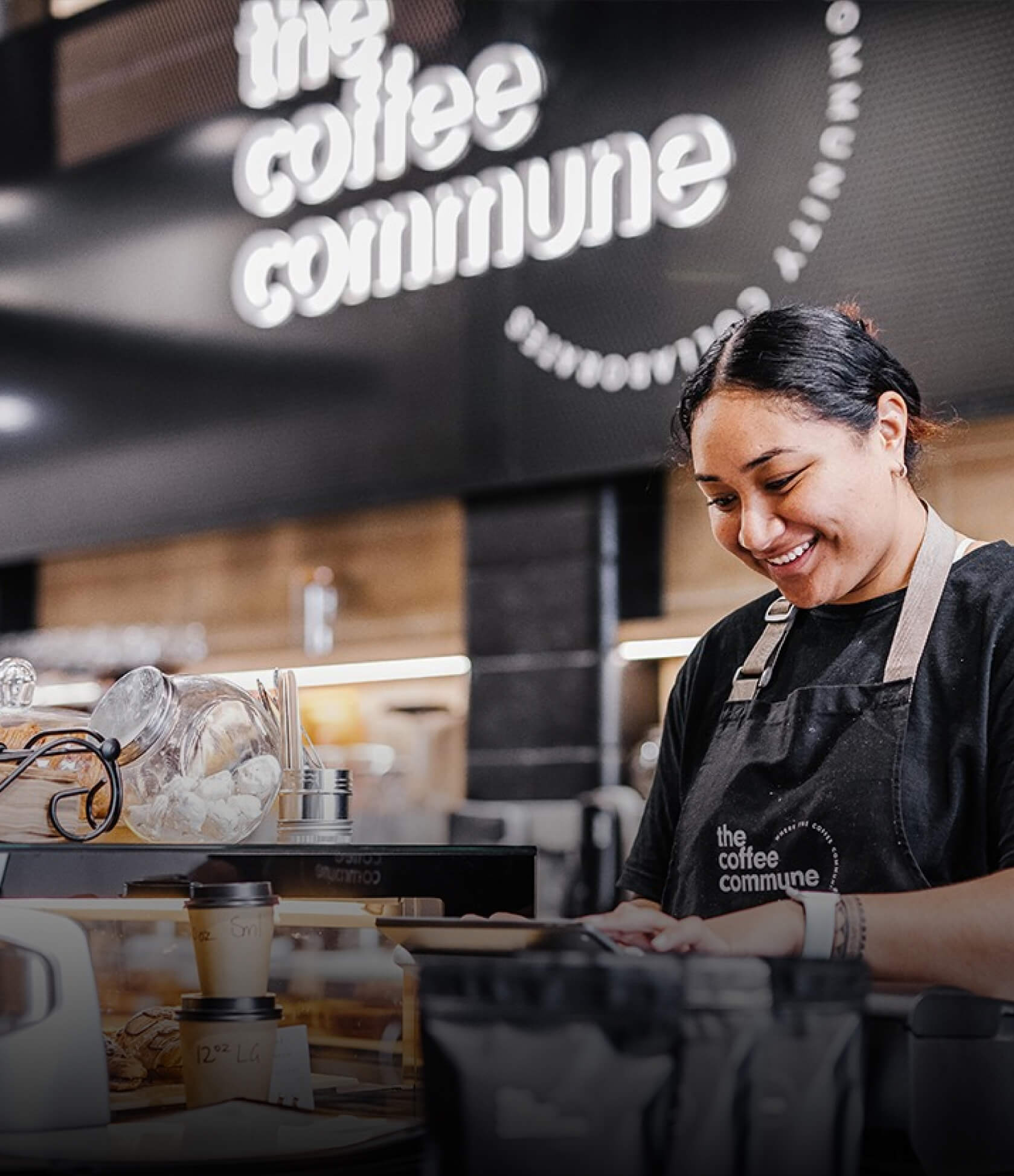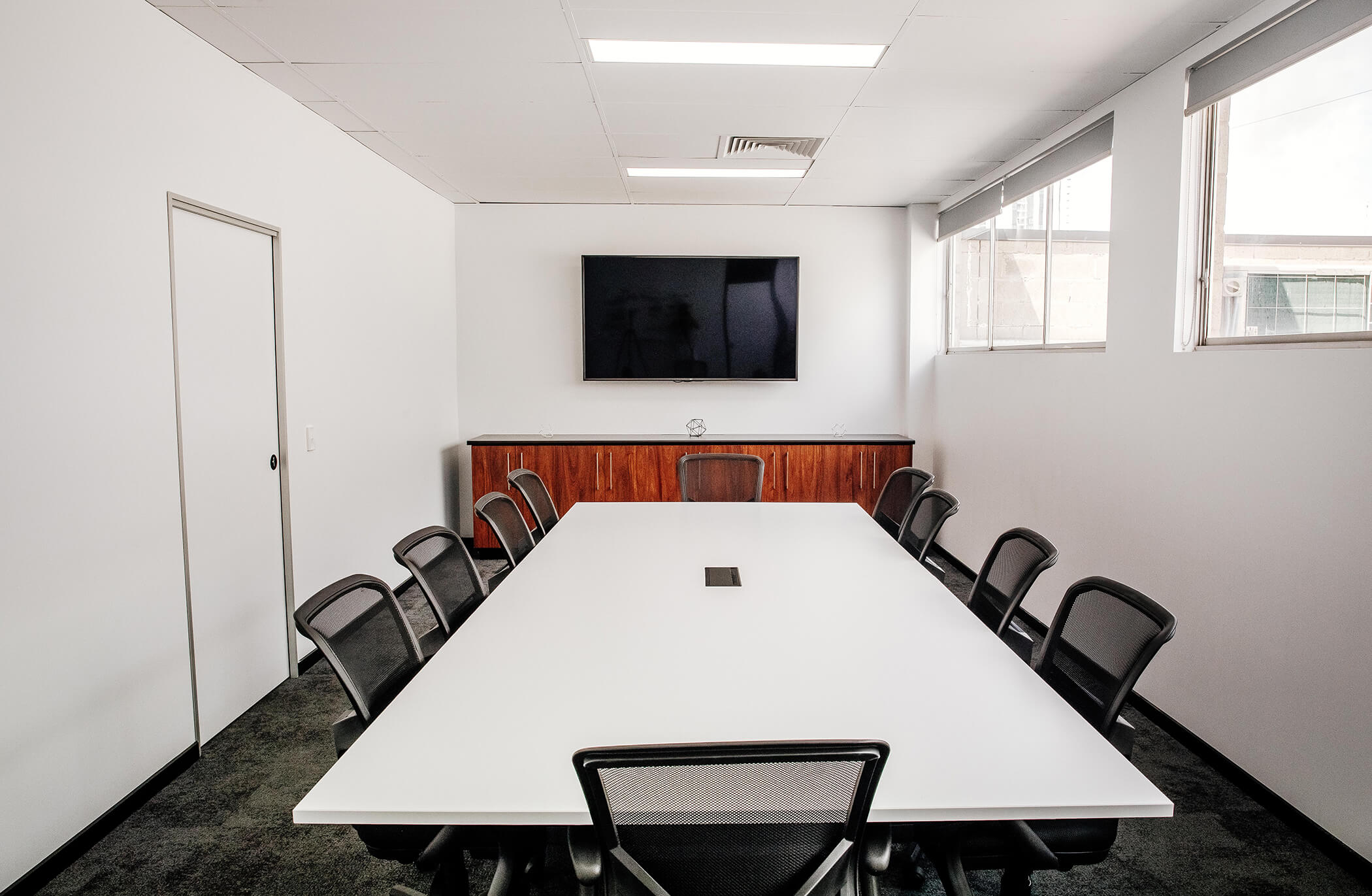All Food Venues: FOOD SAFETY STANDARD AFFECTING YOUR BUSINESS
Just when you thought Christmas was getting easier…
New food safety requirements being introduced by FSANZ are required to be in place by 8 December of this year. If you haven’t already checked the requirements of Standard 3.2.2A we urge you to do so as a priority.
The new standards are in addition to existing requirements. They have been introduced to ensure unpackaged, potentially hazardous ready-to-eat food is handled appropriately to keep it safe. The new standard requires all Australian businesses in food service, including caterers, restaurants, cafes, takeaway shops, pubs, supermarkets, delis, and food vans – ostensibly any facility serving food – to comply with the existing requirements under Standard 3.2.2., but to also comply with new management tools based on their food handling activities.
The requirements are more comprehensive than ever before, and now include:
- food safety supervisor
- food handler training
- substantiation of critical food safety controls.
The new requirements vary depending on whether your business is classified as a category one or category two business. Category one are considered higher risk and must implement all three management tools; category two must have a food safety supervisor and trained food handlers. Following are the broad classifications of one and two, but we strongly recommend if you have any doubts to contact FSANZ.
Category One Business
- A caterer or food service business that processes unpackaged potentially hazardous food into food that is both ready-to-eat and potentially hazardous food.
- The food is then served to a consumer to eat without any further processing.
Category Two Business
- A retailer of potentially hazardous, ready-to-eat food, where the food was handled unpackaged, but not made or processed onsite (other than slicing, weighing, repacking, reheating or hot-holding).
What is a food safety supervisor?
- A food safety supervisor (FSS) must be a person who has recognised, formal certification as a FSS, obtained in the past 5 years. They should have recent, relevant skills and knowledge to handle food safely, particularly high-risk food.
- They must also make themselves available on-site and need to be able to provide their certificate to an authorised officer upon inspection.
To comply, nominated food safety supervisors must complete a Nationally Recognised 3.2.2A Approved Food Safety Supervisor training program, which will cost approximately $100 per person.
Food handler training must include:
- safe handling of food
- food contamination
- cleaning and sanitising of food premises and equipment
- personal hygiene.
Food businesses must ensure all food handlers have completed a food safety training course, before they start handling high-risk foods.
The food handling training does not need to be accredited or done with a registered training organisation at a cost. There are some free online training courses on the Queensland Government website, here.
What is ‘substantiation’ of critical food safety controls? (Category one)
- Businesses must keep records or demonstrate that requirements for safely receiving, storing, processing, displaying and transporting potentially hazardous food, and for cleaning and sanitising are being met. These are called ‘prescribed provisions’. The business must show how these have been achieved or verified.
- The business must make a record, unless it can show in another way it is meeting requirements and be able to demonstrate this to an authorised officer (food regulator).
For more information visit the FSANZ website Standard 3.2.2A – Food Safety Management Tools (foodstandards.gov.au). There are animated videos and fact sheets on the site which will help you navigate your way across these new compliance requirements.
The Coffee Commune doesn’t argue with the role of, or need for food standards and regulations. It is essential that all hospitality outlets ensure the safety of their customers. However, we despair sometimes, at the way many of these regulations are announced and then implemented. We were alerted to this change only a few days ago, we hope our members, and the industry in general were given more notice. We will be asking members, and if appropriate, writing to the necessary authorities to seek better management and communication in the future of any change that requires, as this change may well do for many, significant effort to implement the control by Christmas.




